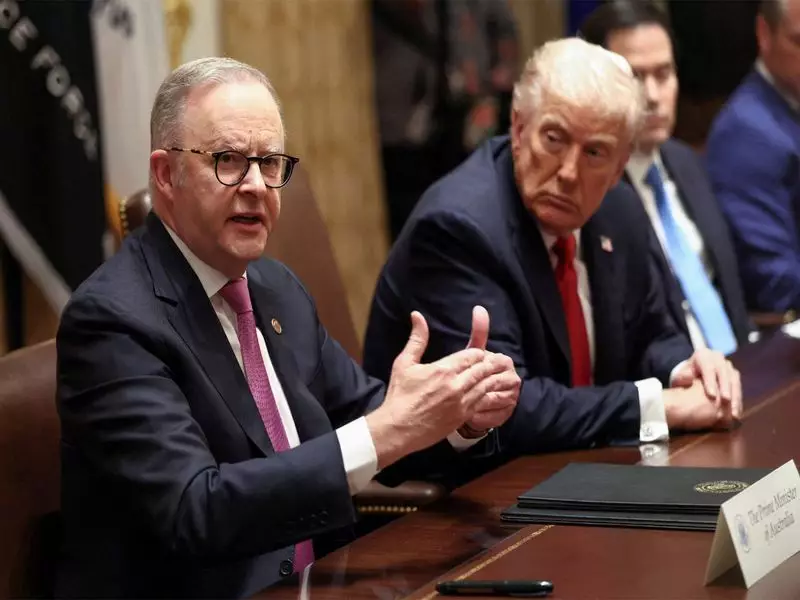
In a landmark development that signals a significant strengthening of Indo-Pacific alliances, Australian Prime Minister Anthony Albanese has announced a series of groundbreaking agreements with the United States, focusing on critical minerals collaboration and enhanced defence cooperation.
A Transformative Partnership
Prime Minister Albanese, during his official visit to Washington, described the new agreements as "an exciting new chapter in our shared history" that will reshape the strategic landscape of the region. The comprehensive package includes unprecedented cooperation in defence technology sharing and securing supply chains for critical minerals essential for modern technology and defence systems.
Critical Minerals: The New Strategic Frontier
The critical minerals agreement represents a strategic move to reduce dependency on single sources for minerals vital to everything from electric vehicles to advanced weapon systems. Australia, with its abundant reserves of lithium, rare earths, and other essential minerals, positions itself as a key partner in America's supply chain diversification efforts.
This collaboration ensures:
- Secure supply chains for defence and technology manufacturing
- Reduced reliance on dominant mineral producers
- Enhanced processing capabilities for raw materials
- Job creation in both nations' mining and technology sectors
Defence Cooperation Reaches New Heights
The defence agreements represent the most significant enhancement of military cooperation between the two nations in decades. Building on the existing AUKUS partnership, the new framework facilitates:
- Advanced technology sharing and joint development
- Increased interoperability between armed forces
- Enhanced maritime security cooperation in the Indo-Pacific
- Streamlined defence trade and industrial collaboration
Strategic Implications for the Indo-Pacific
This strengthened alliance comes at a crucial time when regional security dynamics are rapidly evolving. The Australia-US partnership serves as a cornerstone of stability in the Indo-Pacific, complementing other regional frameworks including the Quad alliance involving India and Japan.
"This isn't just about strengthening bilateral ties," observed a senior diplomatic source. "It's about creating a more resilient, secure, and prosperous Indo-Pacific region where rules-based order is maintained and economic opportunities are shared."
Economic and Security Benefits
The agreements are expected to generate substantial economic benefits for both nations while enhancing regional security. The critical minerals partnership alone could unlock billions in investment and create thousands of jobs across mining, processing, and manufacturing sectors.
For Australia, this represents a strategic pivot toward value-added processing of its mineral resources rather than simply exporting raw materials. For the United States, it means more resilient supply chains for technologies crucial to national security and economic competitiveness.
The defence cooperation components will see increased joint exercises, technology development projects, and intelligence sharing – all aimed at maintaining peace and stability in a region that accounts for over 60% of global GDP.





